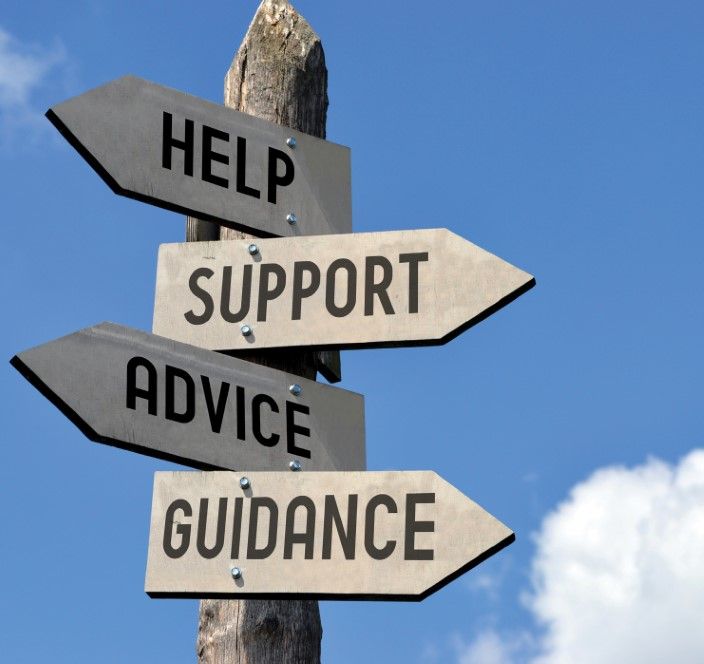The health and wellbeing of school principals throughout Australia has been the subject of research for a decade. Journalist Sue Osborne looks at results and recommendations.
The annual Australian Principal Occupational, Health, Safety and Wellbeing Survey has produced some shocking results about abuse and violence principals experience at the hands of parents and students.
However, the findings of this annual survey, conducted by researchers at Deakin University and the Australian Catholic University (ACU), are being used as a catalyst for positive change in the workplace, such as a recommendation to make online meetings between parents and principals the norm to reduce the risk of abuse and threats.
Tough times in 2020
The 2020 survey garnered responses from 2248 principals. Not surprisingly, considering the COVID-19 pandemic, bushfires and floods, its results show principals faced increasing stress and heavy workloads.
“The extremely long work hours and constant exposure to stress during 2020 left school principals exhausted,” said Professor Herb Marsh, Co-chief investigator for the survey and educational psychologist at the ACU Institute for Positive Psychology and Education (IPPE).
“During 2020, almost all principals (97 percent) worked overtime and close to 70 percent worked more than 56 hours a week during school term, and 25 hours a week during the holidays.
“The main sources of stress were the sheer quantity of work, the lack of time to focus on teaching and learning, the mental health issues of students and the expectations of the employer.
“During the survey period, three out of 10 school leaders (almost 30 percent) received a red flag email alerting them to contact employee support services. These alert emails are triggered when school leaders are at risk of self-harm, occupational health problems or serious impacts to their quality of life.”
ACU investigator and IPPE Professor Phil Parker said, “Over the past decade, principals have reported a steady increase in job demands with no real increase in support services. The surveys have shown us that school leaders need support to maintain a healthy work-life balance.”
But on a positive note, the survey found better results for short-term measures of influence, commitment to the workplace, role conflict, social support from internal/external colleagues, social support from supervisors, and work-family conflict.
COVID amps up issues
Deakin University’s Professor Phil Riley and co-chief investigator said the survey shone a light on “a year like no other” for school leaders.
“Last year was one of unimaginable horrors for Australians and the global pandemic had a life-altering effect on us all,” Professor Riley said.
“But 2020 showed us that the more things changed, the more they stayed the same.
“As well as needing to quickly develop online learning practices, school principals were faced with managing COVID-safe processes to protect their employees, students, and parents from a global pandemic.
“Although schools were classed as essential services, and told to stay open to protect the economy, they were not privy to vital information. Particularly at the start of COVID-19, school leaders had to listen to the news to find out what to do with their schools’ operations.”
However, Professor Riley said there was a bright spot, “The survey has shown us the pandemic’s lockdowns and restrictions reminded communities about the vital role school leaders play. Ironically, COVID-19 could herald a positive shift in community attitudes towards school principals.”








































































































































